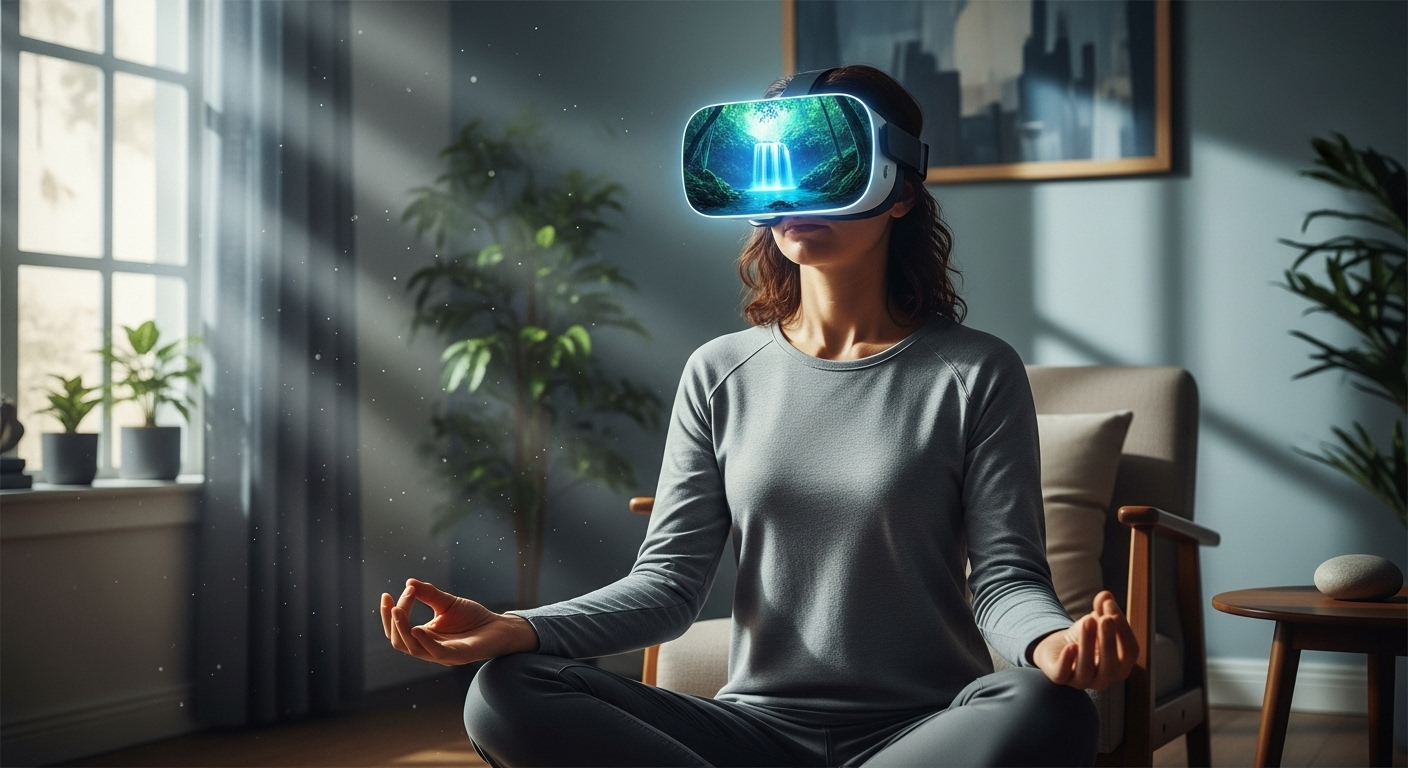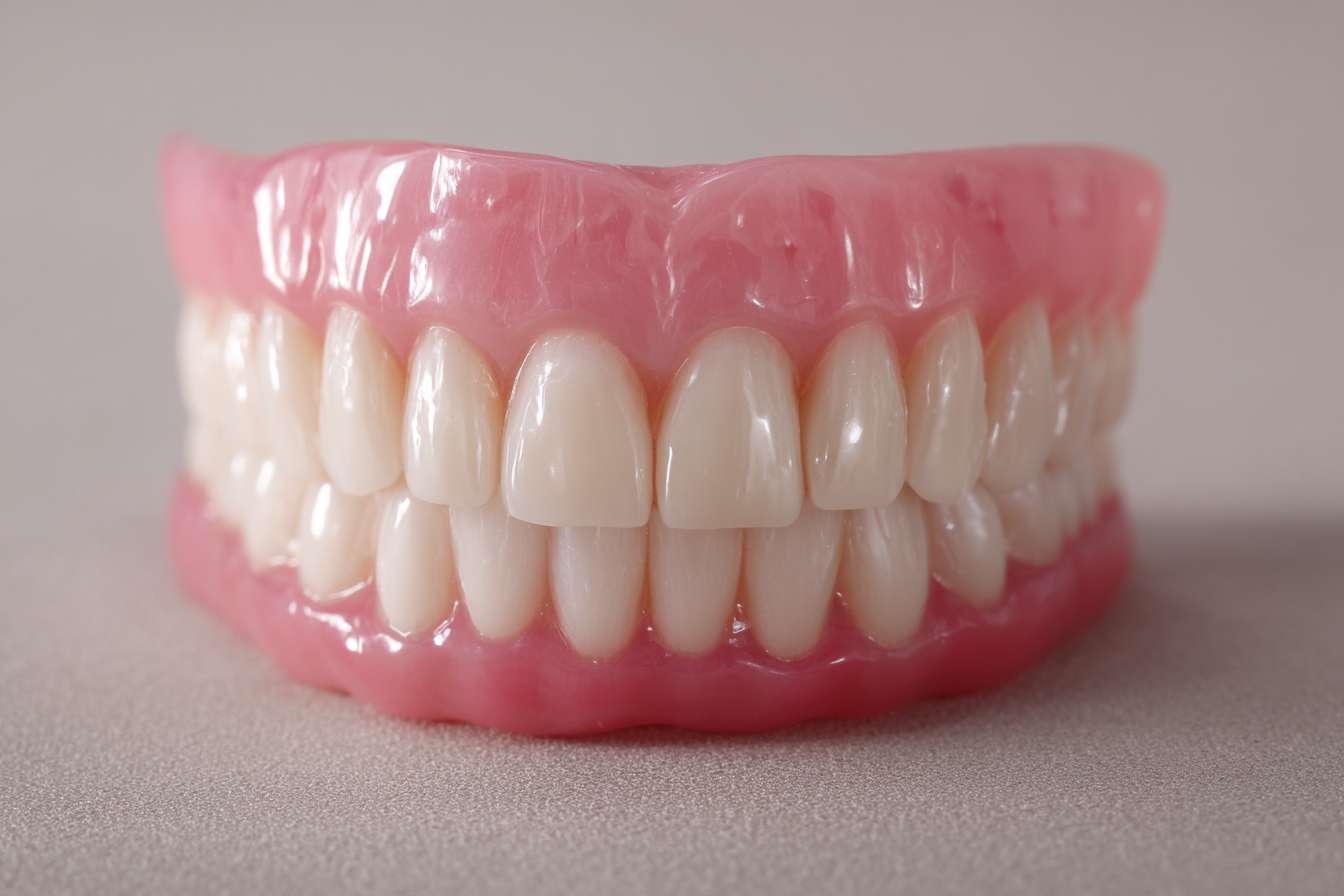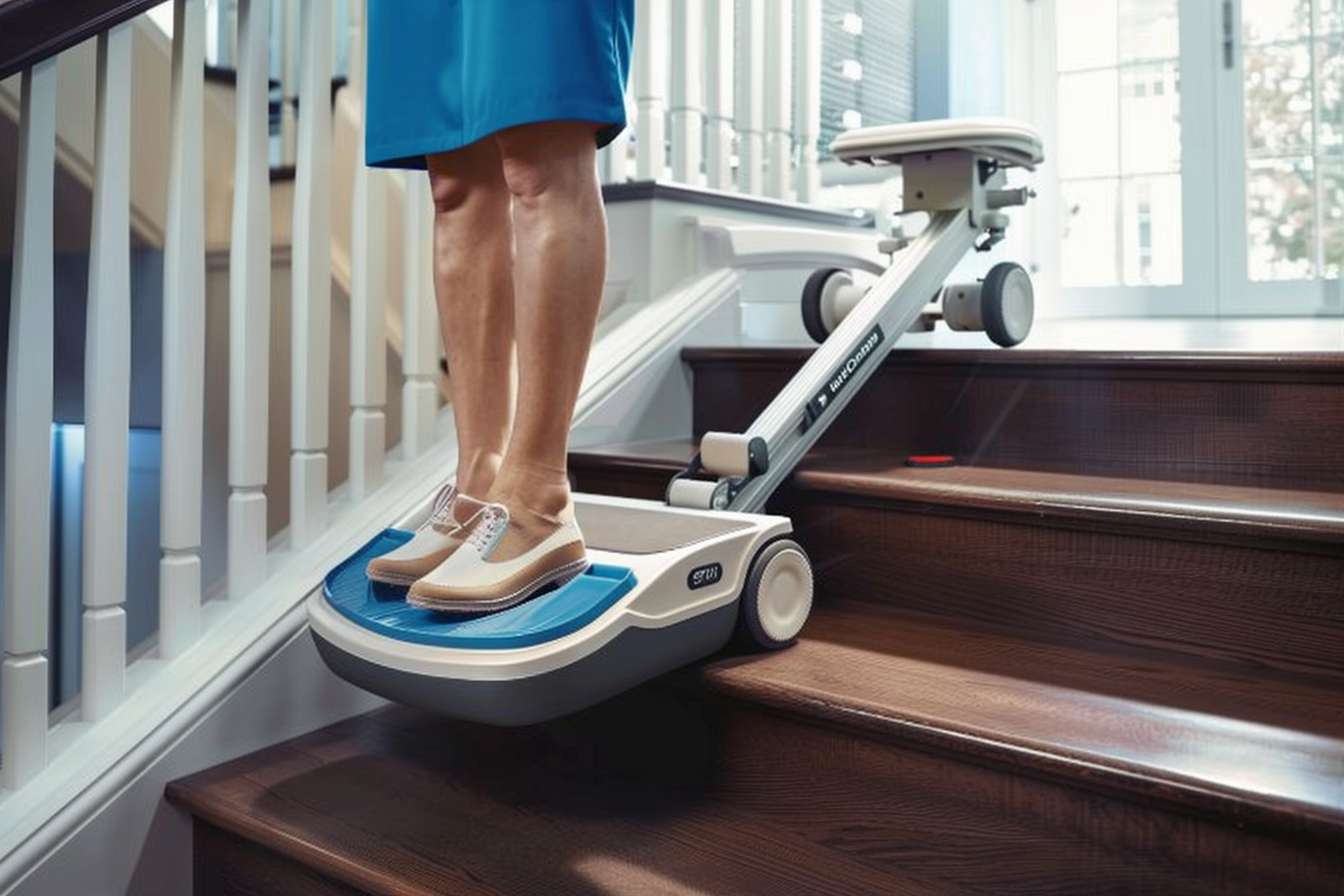Reimagining Wellness: The Emerging Role of Virtual Reality in Health and Well-being
Step into the future of health and wellness, where technology and medicine merge to create innovative solutions for a healthier, happier existence. This article delves into the potential of virtual reality (VR) in the realm of health and wellness, exploring its benefits, challenges, and reliability based on the most recent scientific research.

The Dawn of Virtual Reality: From Gaming to Wellness
Virtual reality, once the stuff of science fiction, has carved a niche for itself in numerous industries, including health and wellness. Born in the gaming world, VR has evolved to offer immersive experiences that can influence our physical and mental well-being.
This technology creates a simulated environment that can be tailored to encourage specific responses and behaviors. For instance, VR can be used to create peaceful, natural environments that promote relaxation and stress relief. The potential of leveraging VR in the wellness sphere is only beginning to be explored.
The Current Trends: VR and Wellness
In recent years, the use of VR in wellness has seen a significant uptick. Experts are now using this technology to facilitate meditation, deliver cognitive behavioral therapy, and even manage pain.
Studies have shown that VR can help reduce anxiety and depression by providing immersive experiences that divert attention away from distressing thoughts. Additionally, VR has shown promise in pain management, with some hospitals using it to help patients cope with pain during procedures.
The Science Behind The Screen: VR’s Benefits and Challenges
Virtual reality’s ability to provide an immersive, customizable experience is at the core of its benefits in wellness. By offering a controlled environment, VR can facilitate targeted behavioral changes, improve mood, and promote relaxation.
However, the technology is not without its challenges. Some individuals may experience motion sickness, while others may find VR experiences disorienting or anxiety-inducing. The long-term effects of VR use are still being studied, and it is essential to approach this technology with an understanding of these potential risks.
The Future of VR in Wellness
As we move further into the 21st century, the possibilities for VR in wellness are vast. With ongoing research, we can expect to see more tailored applications of this technology to individual health needs. VR could potentially revolutionize how we approach wellness, making it a more personalized, immersive experience.
VR Wellness Insights
-
VR can help create a peaceful environment for stress relief and relaxation.
-
Some studies suggest VR can aid in managing pain and anxiety.
-
VR in wellness is a rapidly growing field, presenting potential for tailored health solutions.
In conclusion, the integration of virtual reality in health and wellness offers an exciting frontier for exploration. As technology continues to evolve, we can anticipate a future where wellness is not just about what we eat or how much we exercise, but also about the virtual experiences we engage in. As we embrace this new perspective, we must remember to balance the benefits with an understanding of the potential challenges, ensuring that our journey to wellness is both innovative and safe.






